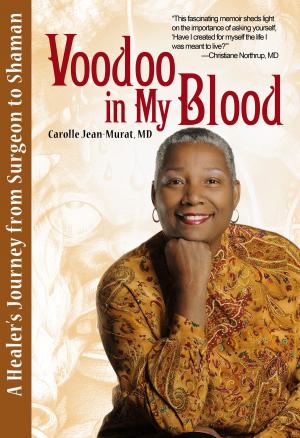| Author: | Sally Roesch Wagner | ISBN: | 9781570679872 |
| Publisher: | Book Publishing Co. | Publication: | September 15, 2001 |
| Imprint: | Native Voices | Language: | English |
| Author: | Sally Roesch Wagner |
| ISBN: | 9781570679872 |
| Publisher: | Book Publishing Co. |
| Publication: | September 15, 2001 |
| Imprint: | Native Voices |
| Language: | English |
Intrepid historian Sally Roesch Wagner recounts the compelling struggle for freedom and equality waged by women in the United States with this fascinating account of how Iroquois women fired the revolutionary vision of early feminists by providing a model of freedom for women at a time when Euro American women experienced few rights. Women of the Six Nations Iroquois Confederacy possessed freedoms far beyond those of their white sisters: decisive political power, control of their bodies, control of their own property, custody of the children they bore, the power to initiate divorce, satisfying work, and a society generally free of rape and domestic violence. Here is the untold story of how the thoughts of Elizabeth Cady Stanton, Matilda Joselyn Gage and Lucretia Mott were shaped by their involvement with neighboring indigenous women in upstate New York.
Intrepid historian Sally Roesch Wagner recounts the compelling struggle for freedom and equality waged by women in the United States with this fascinating account of how Iroquois women fired the revolutionary vision of early feminists by providing a model of freedom for women at a time when Euro American women experienced few rights. Women of the Six Nations Iroquois Confederacy possessed freedoms far beyond those of their white sisters: decisive political power, control of their bodies, control of their own property, custody of the children they bore, the power to initiate divorce, satisfying work, and a society generally free of rape and domestic violence. Here is the untold story of how the thoughts of Elizabeth Cady Stanton, Matilda Joselyn Gage and Lucretia Mott were shaped by their involvement with neighboring indigenous women in upstate New York.















